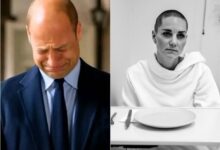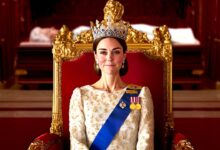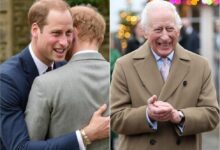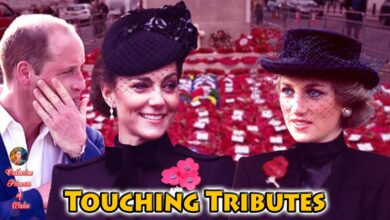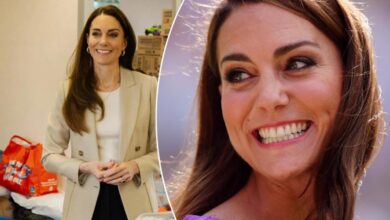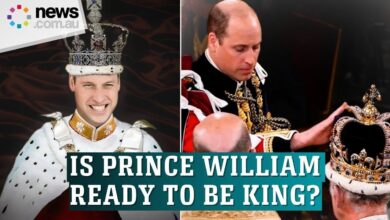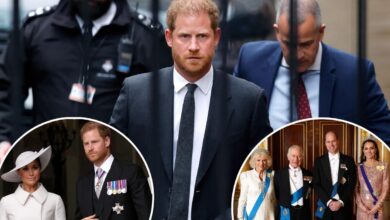Unpredictable News After Discussion With King Charles Led Catherine And William To Tear Apart
Royal Rift Over Prince George’s Education Highlights Clash Between Tradition and Modern Parenthood
Prince William and Princess Catherine, long admired for their grounded and modern approach to raising their children, are facing a pivotal decision about the future of their eldest son, Prince George — one that has reportedly sparked tensions within the royal family.
The debate came to a head during a recent family gathering at Sandringham, where King Charles made a surprise request: that Prince George, who turns 12 this year, attend a prestigious boarding school — just as his father and grandfather did before him. The king’s proposal, rooted in royal tradition and his own experience at Gordonstoun, reportedly caused friction with the Prince and Princess of Wales, who are leaning toward a more modern and emotionally nurturing educational path.
While choosing a secondary school is a milestone for any parent, the stakes are uniquely high for George, a future king whose development carries both public interest and dynastic weight. The young prince will remain at his current preparatory school until he turns 13, after which the decision must be made.
According to royal correspondent Helena Chard, the disagreement is not without context. “There’s a history of dissatisfaction with royal schooling. King Charles famously disliked Gordonstoun, and Prince Harry struggled at Eton,” she explained. “Even Catherine was bullied during her school years. So it’s no surprise she’s deeply committed to finding the right fit for George — not just the most traditional one.”

As speculation grows, even bookmakers have reportedly begun taking bets on which school Prince George will attend. Former royal correspondent Jenny Bond suggested Wellington College as a likely candidate — located just 30 minutes from Windsor, it offers flexibility for boarders, including part-time and day options. Perhaps most appealing to the Wales family, Wellington is co-educational, making it a possible long-term fit for all three children: George, Charlotte, and Louis.
This education debate is emblematic of a larger cultural clash within the monarchy — between time-honored tradition and evolving expectations of family life. King Charles, shaped by his own rigorous and often isolating experience, views boarding school as a crucible for building independence, discipline, and resilience — qualities he believes are essential for a future monarch.
In contrast, William and Catherine are advocates of mental well-being, emotional intelligence, and family unity. Their parenting style places a high value on stability and normalcy, aiming to protect their children from the pressures of royal life as much as possible. Catherine in particular has championed early childhood development and mental health as cornerstones of her royal work — values she applies at home as a mother.
But education is not the only point of contention. King Charles has also reportedly insisted that Prince George and his siblings no longer travel together in the same vehicle — a precautionary measure to safeguard the line of succession. While aligned with royal protocol, the directive upset the Waleses, who prioritize shared family experiences and togetherness.
Queen Camilla’s reported support of Charles’s stance — along with advice from her circle — has only complicated the matter, intensifying the internal strain. William and Catherine are said to feel increasingly frustrated with perceived interference in decisions they believe should lie solely with them as parents.
Public opinion appears divided. Traditionalists argue that boarding school instills the discipline necessary for royal life and that adhering to centuries-old customs preserves the institution’s integrity. Others, however, back William and Catherine’s stance, believing that a modern upbringing — one that supports individuality and mental health — better equips George to navigate the challenges of contemporary monarchy.
Ultimately, this deeply personal decision reflects a broader existential question facing the royal family: Should the monarchy evolve with the times or hold fast to tradition?
For Prince George, the answer may shape not only his formative years — but the very future of the British Crown.
